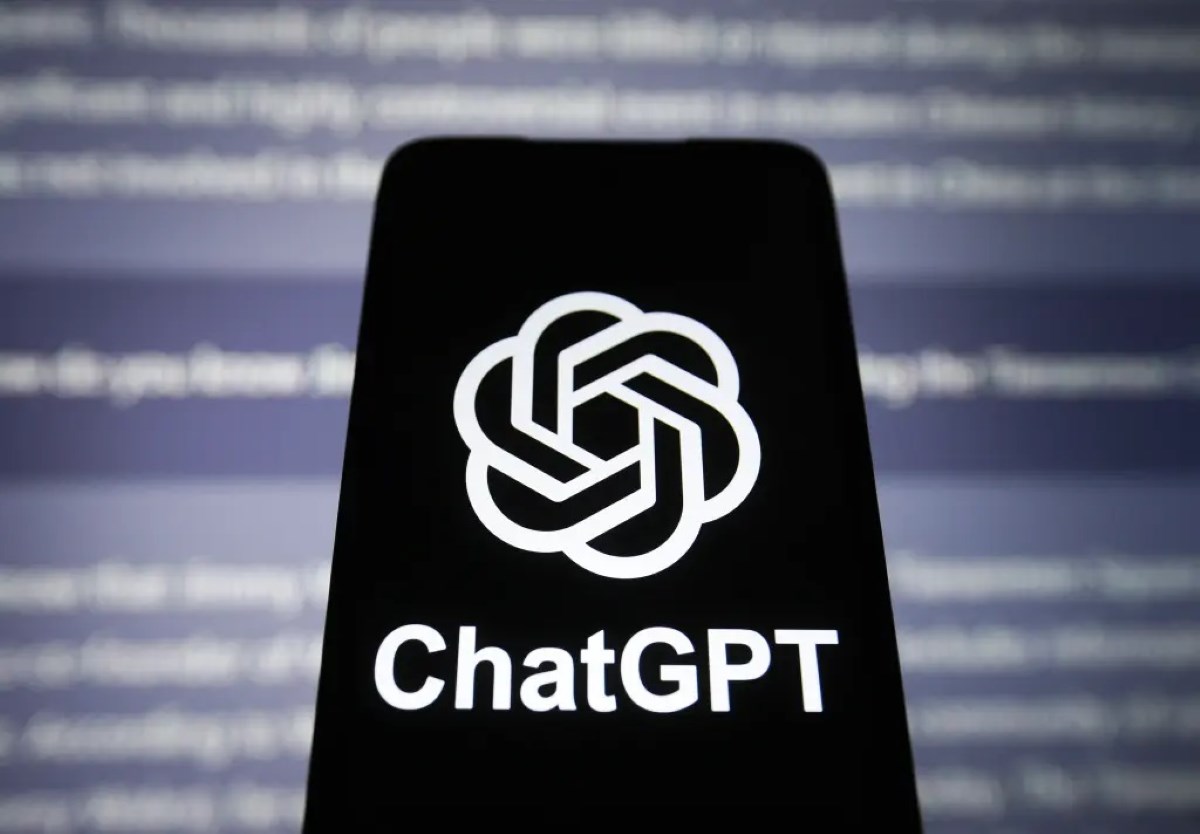Just last month, a study revealed that ChatGPT, unsurprisingly, is the most popular AI tool, at least when it comes to app downloads.
What was surprising, however, was the absence of some big names in AI, such as Google’s Gemini, from that list.
Now, a new study from the creative subscription service Superside has also examined this area but with a different focus.
Instead of app downloads, this study looked at the number of searches people make for specific AI tools.
This method provides insight into the AIs that people are interested in, even if they aren’t necessarily using them.
Interestingly, despite using different metrics, OpenAI’s ChatGPT still dominates the AI space, receiving nearly 25 million searches from U.S. citizens every month.
In second place is Google’s Gemini, which racks up 1.5 million searches per month. That creates a massive gap of 23.5 million searches between ChatGPT and Gemini.
However, the substantial number of searches for Gemini could signal a growing interest, despite its earlier setbacks this year.
Notably, its image generator was shut down less than a month after its launch due to issues related to how the model rendered people’s race and failed basic coding tasks.

One possible explanation for this rising interest in Gemini could be its inclusion in Google’s highly anticipated, AI-focused Pixel 9 phone lineup.
However, the data in this study is current as of August 8, roughly a month before the Pixel 9 phones were officially launched.
The growing interest in Gemini also occurred before it was made available to all Android devices.
Had the study been conducted later, it’s likely that Gemini would have shown an even higher search volume.
While people are becoming more comfortable with AI tools and integrating them into their daily lives, the research indicates that users have clear preferences when it comes to specific models.
Familiar names in the AI space, such as Character.ai, Claude, and Suno, didn’t even make the top 15 most-searched-for AIs.
The total number of searches dropped significantly after the top two, with Microsoft’s Copilot coming in third place, seeing 368,000 searches per month.
Perplexity and Brave Search rounded out the top five. The remaining names in the top 10 were Phind, Algolia, You, YouChat, and KOMO.
